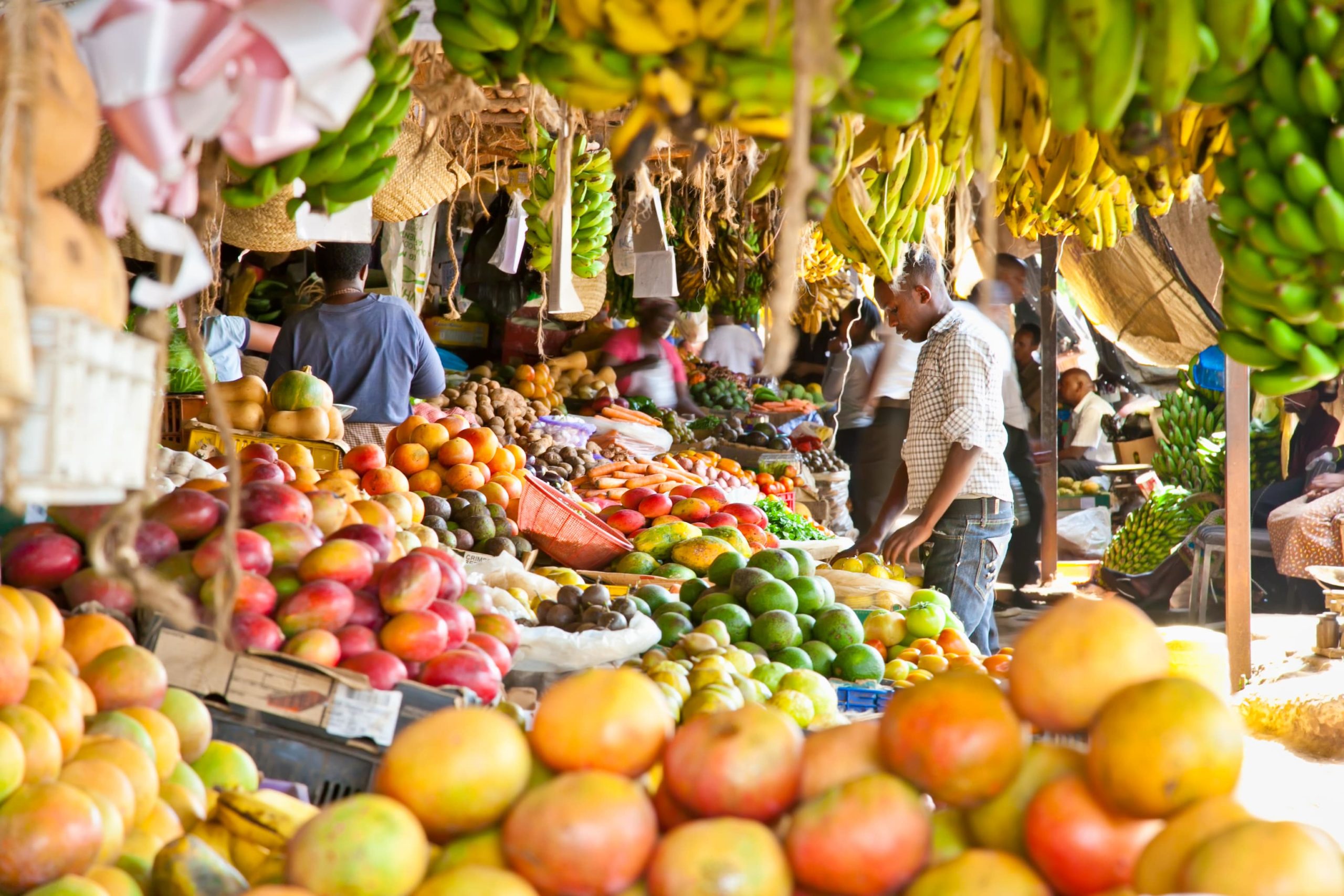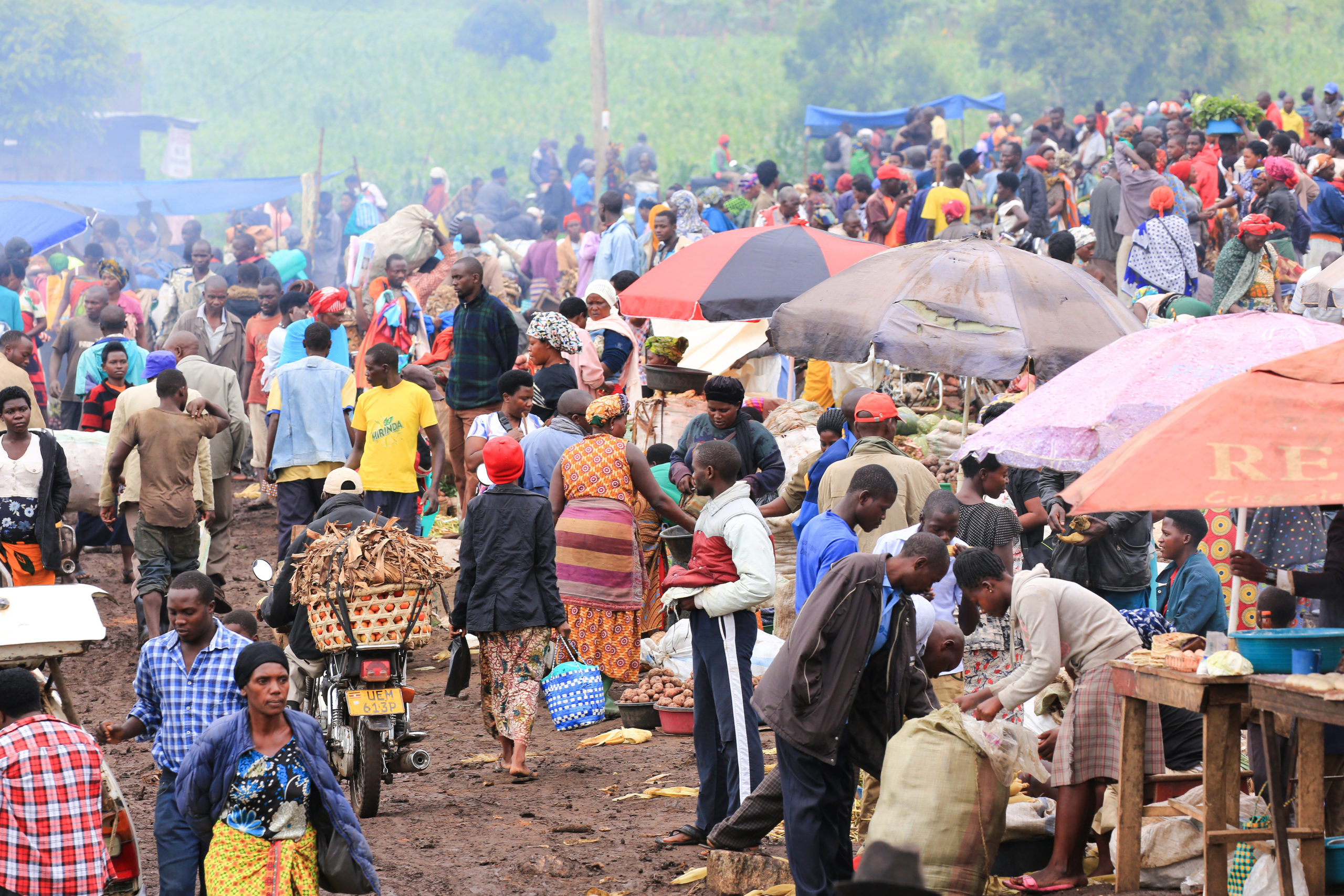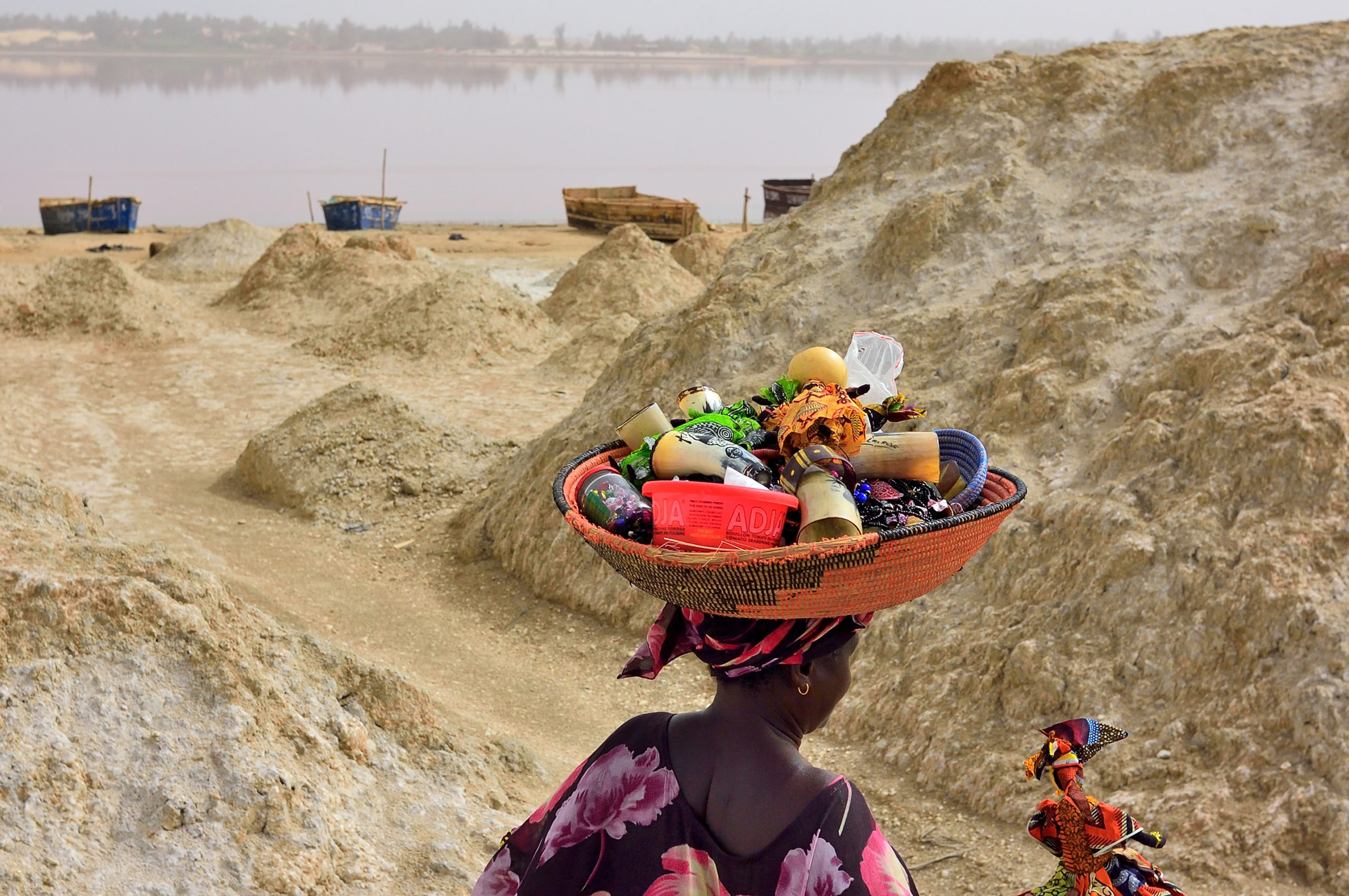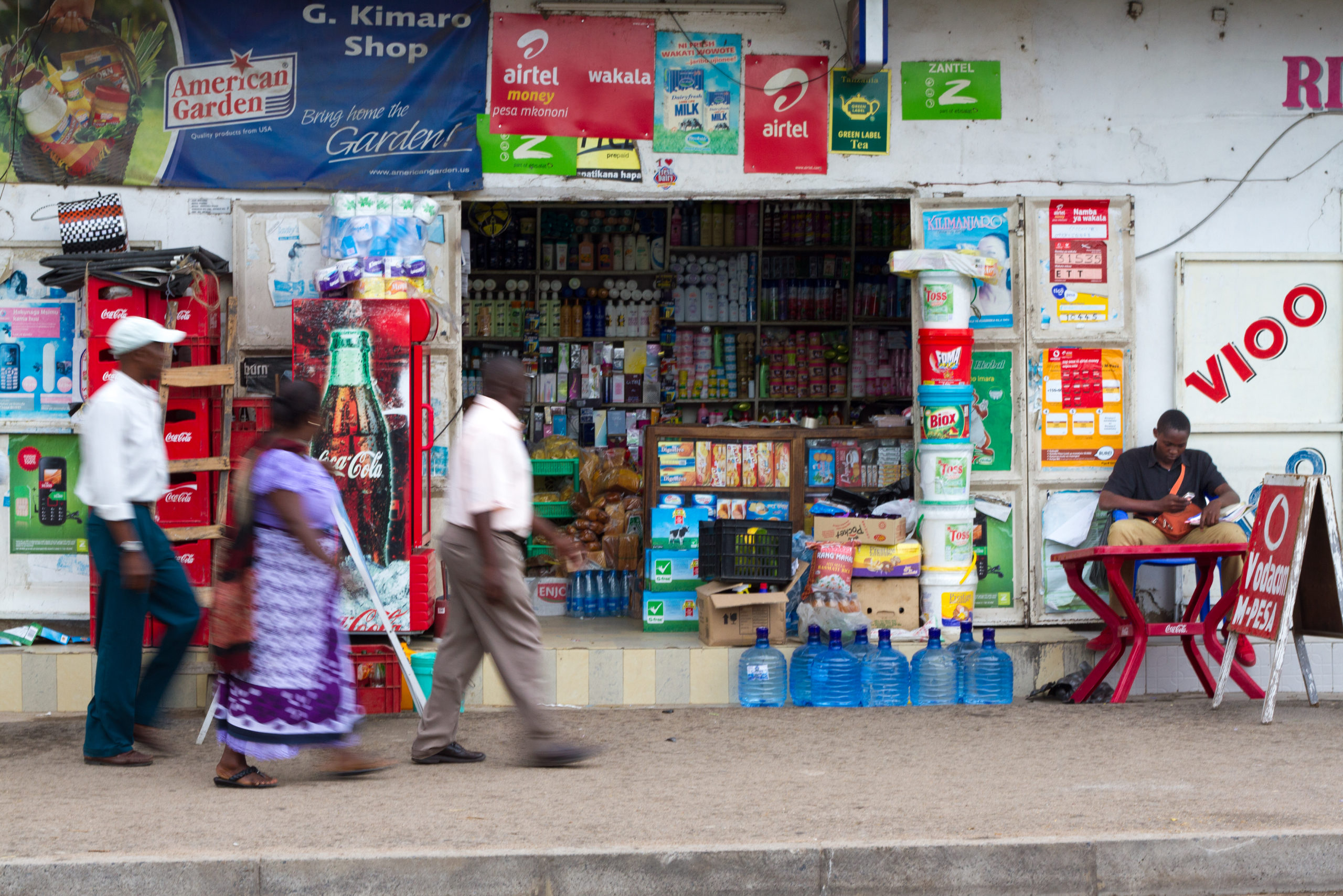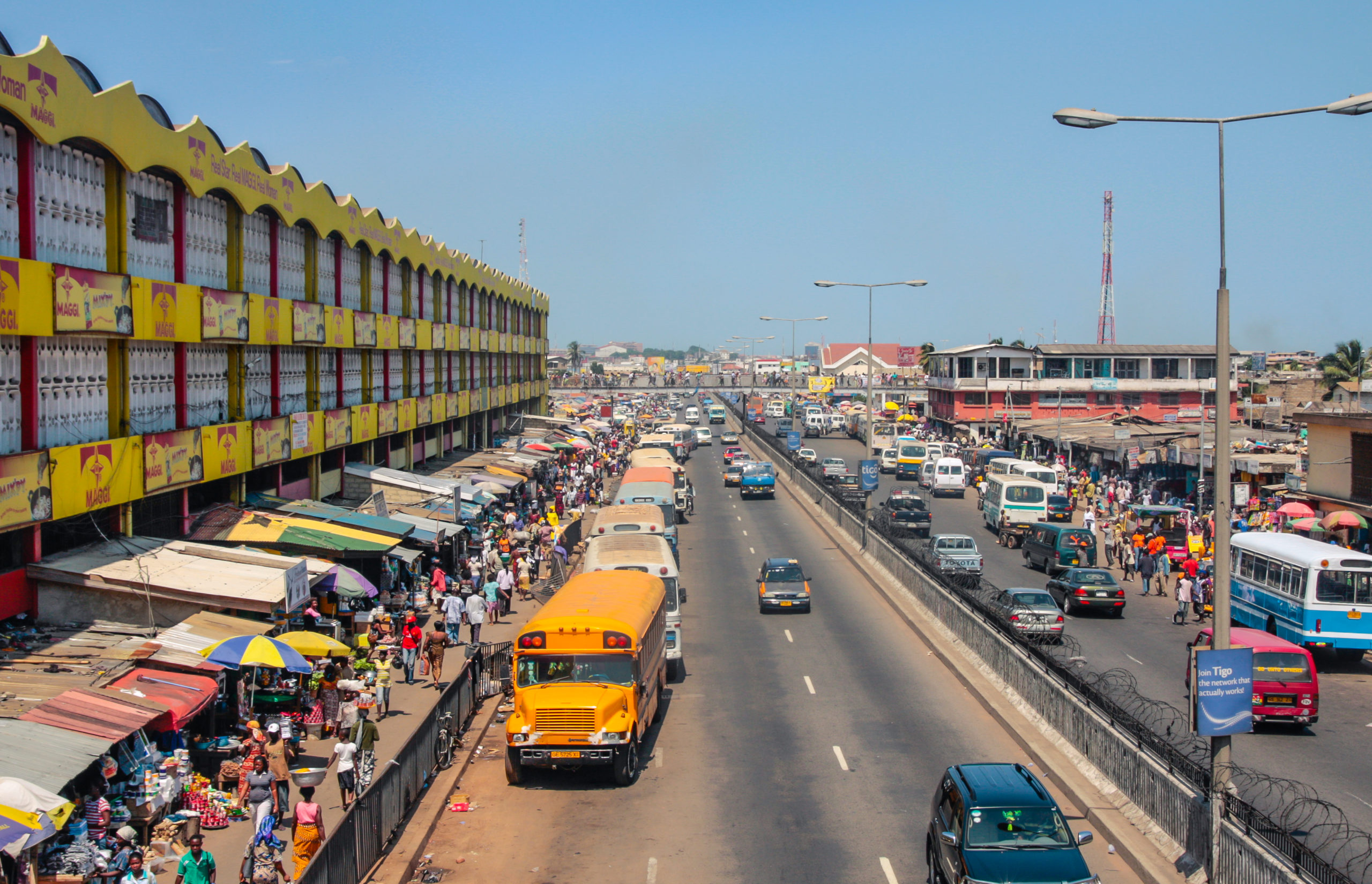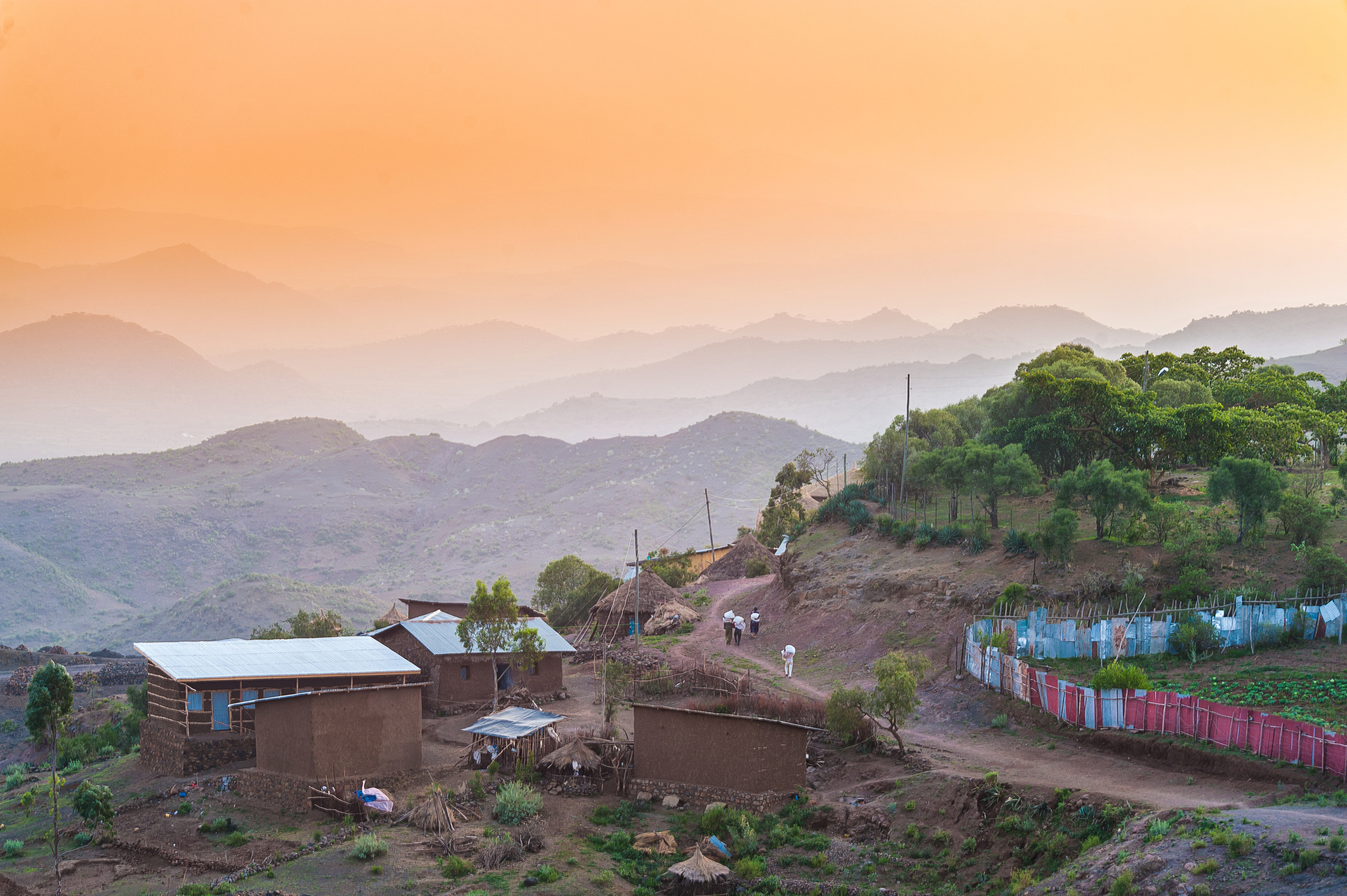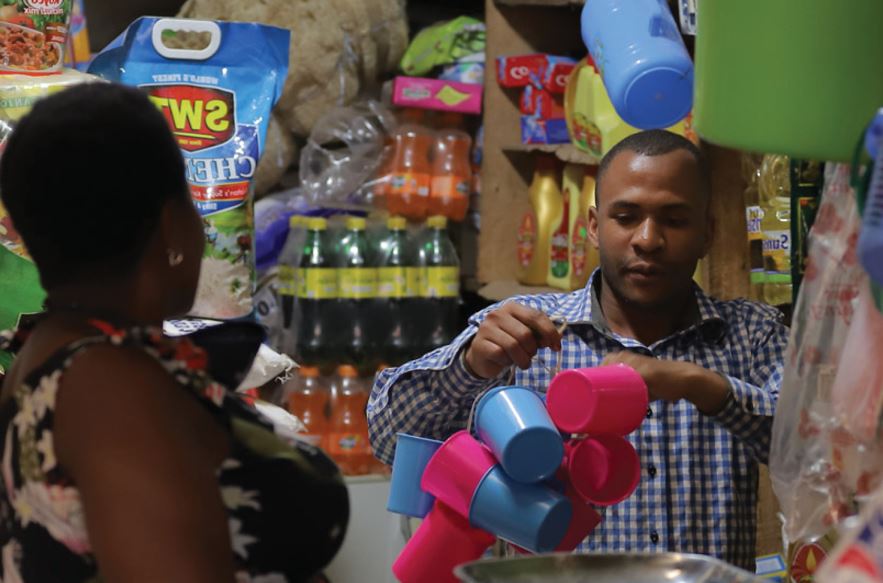
Holistic risk solutions for MSME resilience in Egypt
Micro, small and medium-sized enterprises in Egypt Micro, small and medium-sized enterprises (MSMEs) play a fundamental role in the Egyptian economy – they drive more than 80% of GDP growth and 40% of total employment – but they face considerable risks that hinder their ability to thrive. Insurance could bolster
